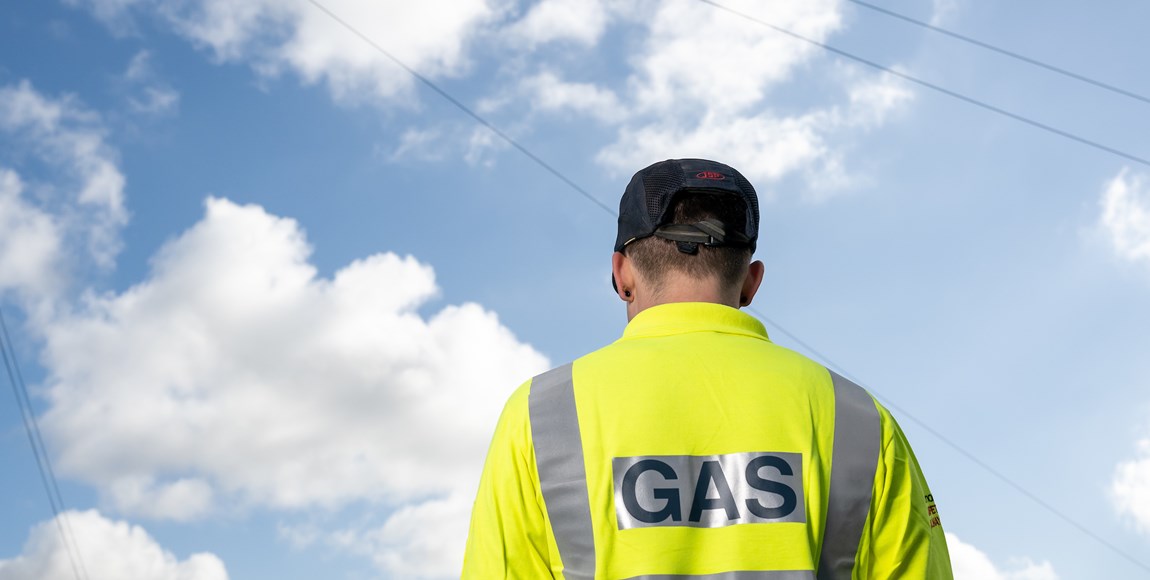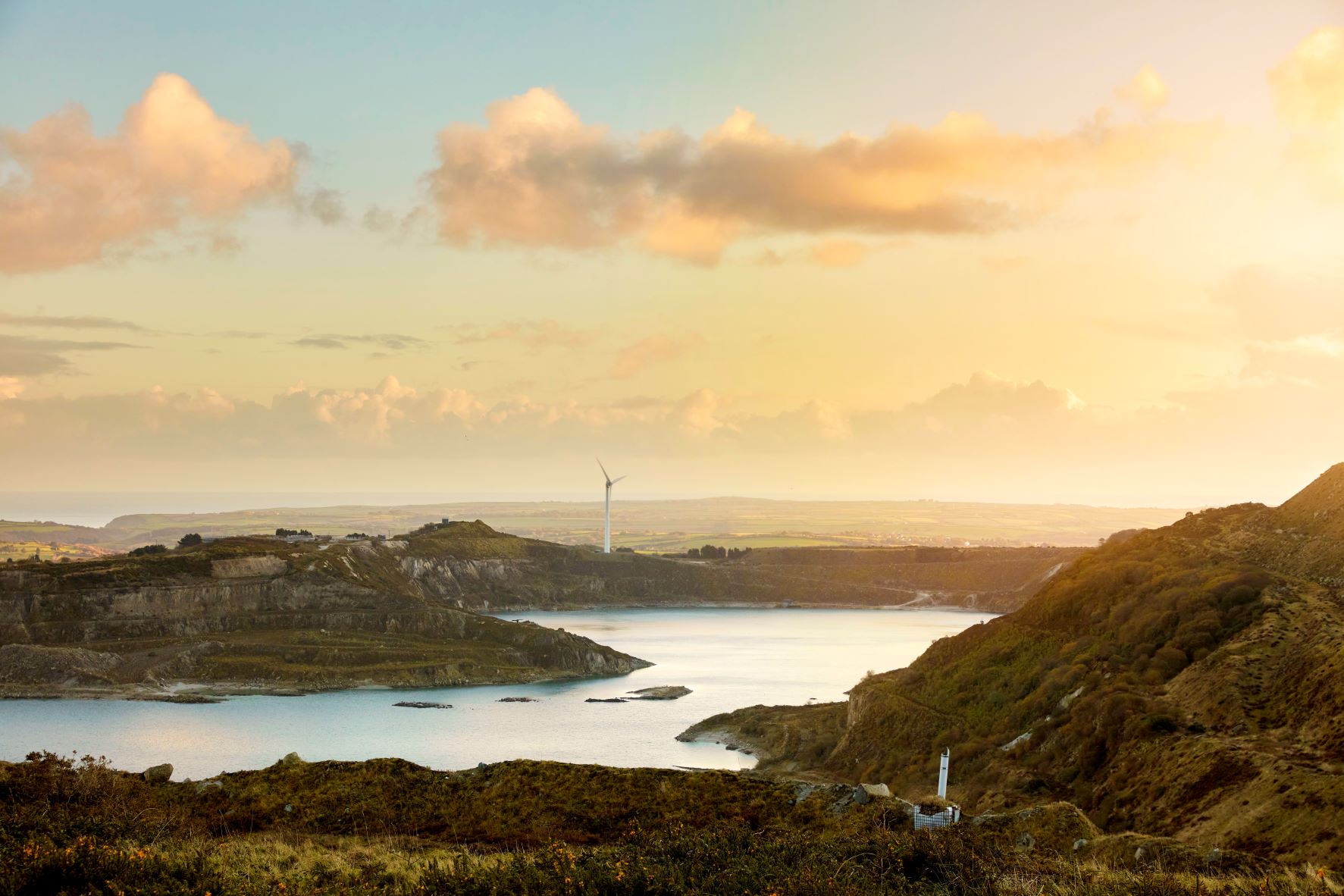Wales & West Utilities has published its Regional Decarbonisation Pathways report which sets out options for a future Net Zero energy system across Wales and south west England.
The gas emergency and pipeline service has been working with independent experts, Energy Systems Catapult (ESC), and engineering consultancy, Costain, since July 2021 on local and regional modelling work to identify the energy network requirements to meet the UK Government’s 2050 Net Zero deadline.
The work has explored a number of scenarios to assess the future role of the gas network, and highlights opportunities for low carbon hydrogen production in Wales, alongside a dynamic Net Zero energy system in south west England.
The report will help local authorities and other organisations make decisions on Local Area Energy Planning and help plan the development of the gas network for Net Zero.
While the role of the gas network will evolve over the next 25 years, the report’s findings indicate that the gas network, and the hydrogen it will transport, will need to play a key role if the UK is to meet Net Zero targets.
A significant amount of the existing gas network can already be reused to deliver hydrogen. This will help tackle the challenge of decarbonising sectors like aerospace and shipping, alongside targeted investment in dedicated new infrastructure.
Matt Hindle, Head of Net Zero and Sustainability at Wales & West Utilities, explains:
Delivering Net Zero means changes to the energy system in communities across the country. While national targets are clear, we know local authorities and our regions want to understand what these changes could mean for them, and what options will be available.
The Regional Decarbonisation Pathways report, written and developed by independent experts, provides that information. And by coupling scenario development with detailed engineering analysis, we have developed a more detailed understanding of the role of hydrogen and gas network infrastructure as we transition to a green, Net Zero energy system.
The key findings in the report include:
- Repurposing the gas grid is essential to delivering Net Zero homes and industry: The gas network and the hydrogen it will transport will be essential in helping the UK achieve its net zero ambitions – even with high levels of electrification of home heating.
- Hydrogen is essential to decarbonise home heating: An energy system with hydrogen and electric heating working together will make sure people can stay warm and comfortable at the coldest times of the year, while keeping disruption to a minimum.
- Smart hybrid heating systems support the delivery of decarbonised home heating: They reduce the electricity network investment needed and can work alongside hydrogen boilers, making sure we make best use of existing infrastructure, while keeping the impact on homes and customer bills to a minimum.
- Hydrogen will be essential to decarbonise industry: Supported by natural gas with carbon capture and storage, it will make sure that industry across the country can decarbonise
- Wales offers a strategic location to start the production of hydrogen at scale: Hydrogen produced in Wales will enable the early decarbonisation of heavy industry in the area and deliver wider economic and employment opportunities.
- Hydrogen offers south west England unique opportunities: The region has a rich engineering and energy history, and hydrogen will allow the decarbonisation of local homes, industry and transport – potentially including hard to reach sectors like aerospace and shipping.
Matt continued:
It’s essential that Gas Goes Green if we are to decarbonise home heating, heavy industry, power and transport in an affordable and sustainable way.
This report demonstrates that high levels of electrification of home heating will not be enough to meet our ambitious climate targets and the repurposing of the gas grid will be an essential part of delivering Net Zero to homes and industry.
Wales & West Utilities is the company that look after the pipes that keep the gas flowing to heat the homes and power businesses of 7.5m people across Wales and south west England. They operate the gas emergency service, connect new homes and businesses, and upgrade the gas network so it’s safe today and fit for the future.
The company is investing £400m between 2021 and 2026 to deliver a Net Zero ready gas network by 2035, while looking after the most vulnerable in communities across Wales and south west England.
The company is also committed to playing its part in getting to Net Zero carbon emissions by 2050. It has 46 power stations connected to its network support renewables like wind and solar power, while 19 green gas sites inject enough decarbonised green gas to power approximately 180,000 homes. Additionally, the company’s network supplies bus garages in three locations across the south west of England, fuelling CNG buses that improve air quality and reduce carbon emissions from public transport.
The full report can be found here: regional-decarbonisation-pathways.pdf (wwutilities.co.uk)




